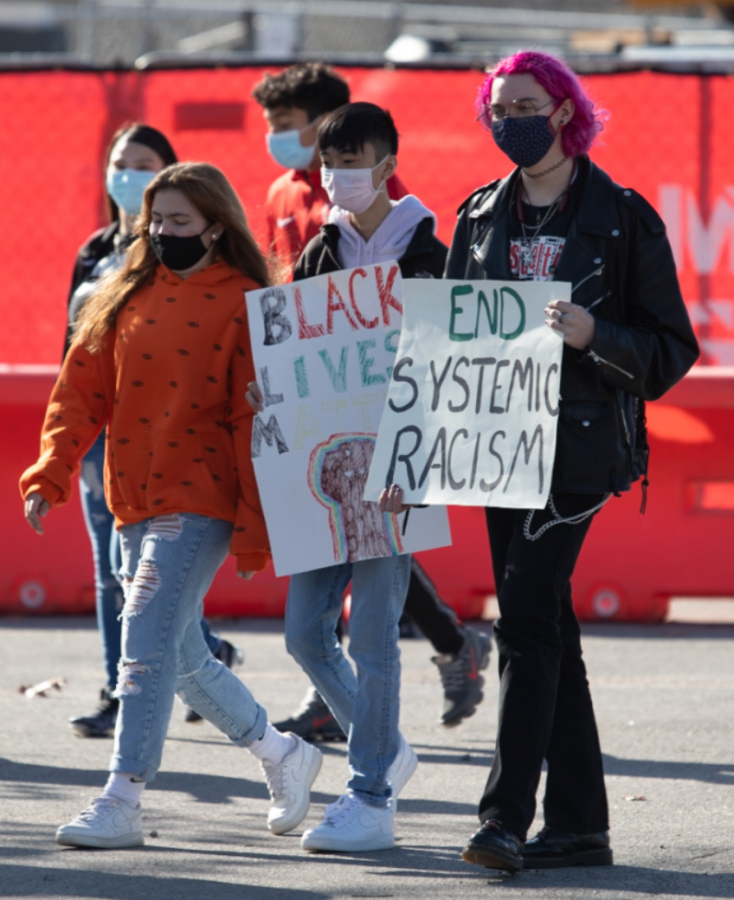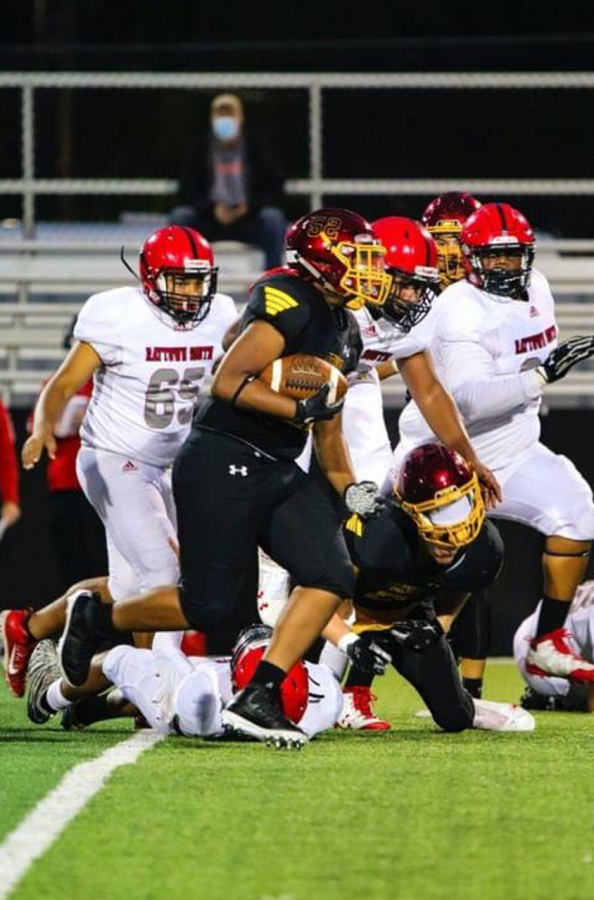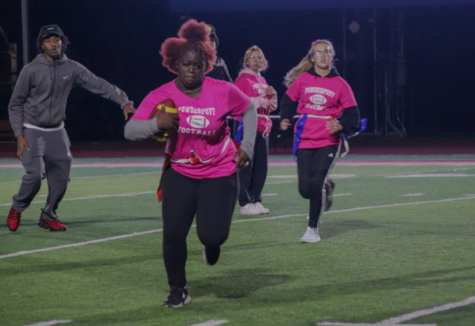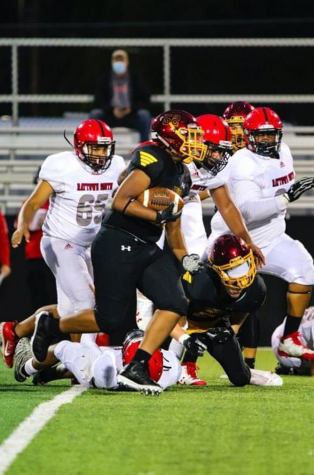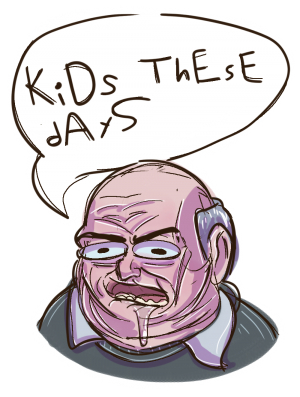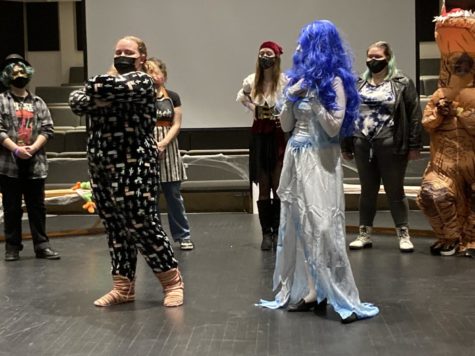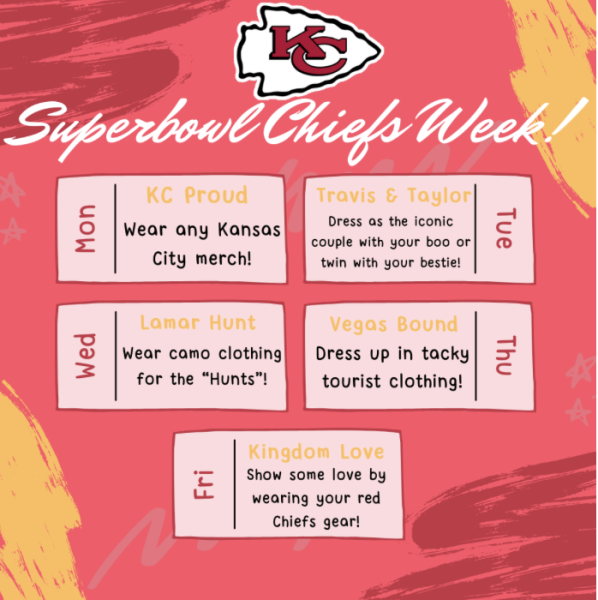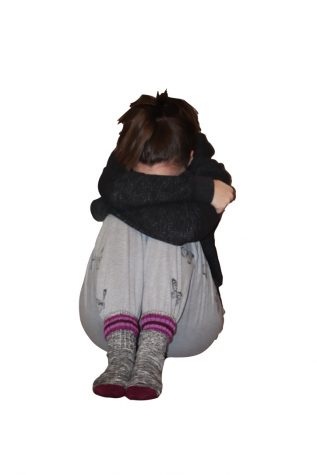Wages Up, Employment Down
Unexpected drop of teen workers despite the minimum wage increase in January.
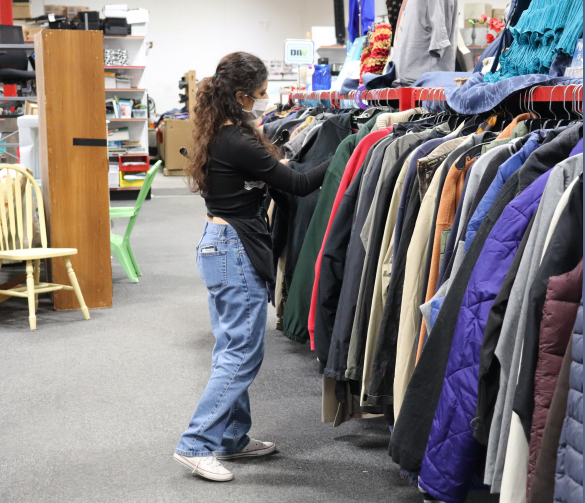
March 11, 2022
Multiple studies have found that the increase in minimum wage leads to higher unemployment for teens. Due to older workers’ lack of income or not, wanting to hire teens with a lack of education in the workplace causes them to not be eligible for the job.
Recently, an increase of $10.30 an hour to $11.15 an hour, effective Jan. 1, brings the goal of increasing the minimum wage by 85 cents to $12.00 an hour by Jan. 2023, a step closer.
“This is currently my third job. I was unemployed for about three months trying to get this job because the paperwork and processing took a very long time period.” Sophomore Makhia Jones said. “I did not change jobs due to any personal reasons, I just wanted a higher pay. I don’t think pay has changed me, but I think I’m more motivated to go to work knowing I am getting paid well for what I do.”
Increasing the minimum wage has caused some businesses to lay off employees and, as a result, raised unemployment levels. Increasing the minimum wage does not only affect those earning it, it also affects those who were already earning more than the minimum.
With higher minimum wages comes a reduction in employee income costs and a decrease in worker capacity. Low-wage employers, particularly in the restaurant industry, also have minimum wage costs through small price increases in restaurants.
“When looking for jobs, I found it hard to find one with the ability to work around my personal life, like school and multiple after school activities. Still, having to work those days felt like forever. Then when getting my check, seeing I worked 9 hours and am not feeling like I’m getting paid what I feel I should, getting paid almost 150 weekly. After changing my jobs, I see my new jobs pay $15.30 an hour, which helps me with my busy schedule so I can pick and choose what days’ work best for me.” Senior Daeriashia Mercer said.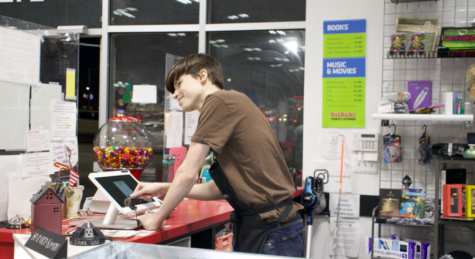
Some businesses cannot afford to pay their workers the increased minimum wage and will be forced to close, lay off staff, or reduce hiring. The wage increases have been shown to make it more difficult for low-skilled workers with little or no work experience to find jobs like teen workers.
“The work wasn’t hard at all; it was a first good job to have. But not getting paid as much anymore is really starting to affect me financially because of paying the things such as gas, car insurance and other needed necessities. Which is why I started looking for other jobs with higher pay so that issue can be resolved,” junior Nataly Barraza said.
With the increase in minimum wage comes both positives and negatives. Teen workers could be pushed out of jobs and businesses could face cuts due to low staff or no staff. Because of business cuts leaving out jobs, not just teens, but older workers looking for a place to get extra money would also not have those chances.
Having a job in high school can be hard for young workers. The working field brings many complications into teens’ lives, such as balancing time, relationships, and schoolwork. Prices for necessities increase as well. While an increased paycheck is good, the other financial increases that come along can be straining on some.
“Minimum wage increasing effects those who have little job experience by increasing the appeal to certain jobs, and hopefully increasing applications for jobs. the downside of that could result in under-qualified people applying for jobs, leaving experienced workers to pick up their slack. Along with that, it’s frustrating for workers who already know what they are doing and have excelled at their positions to see people getting hired in for more than they did or even more than they get paid right now.” said junior Alex Beynon.









